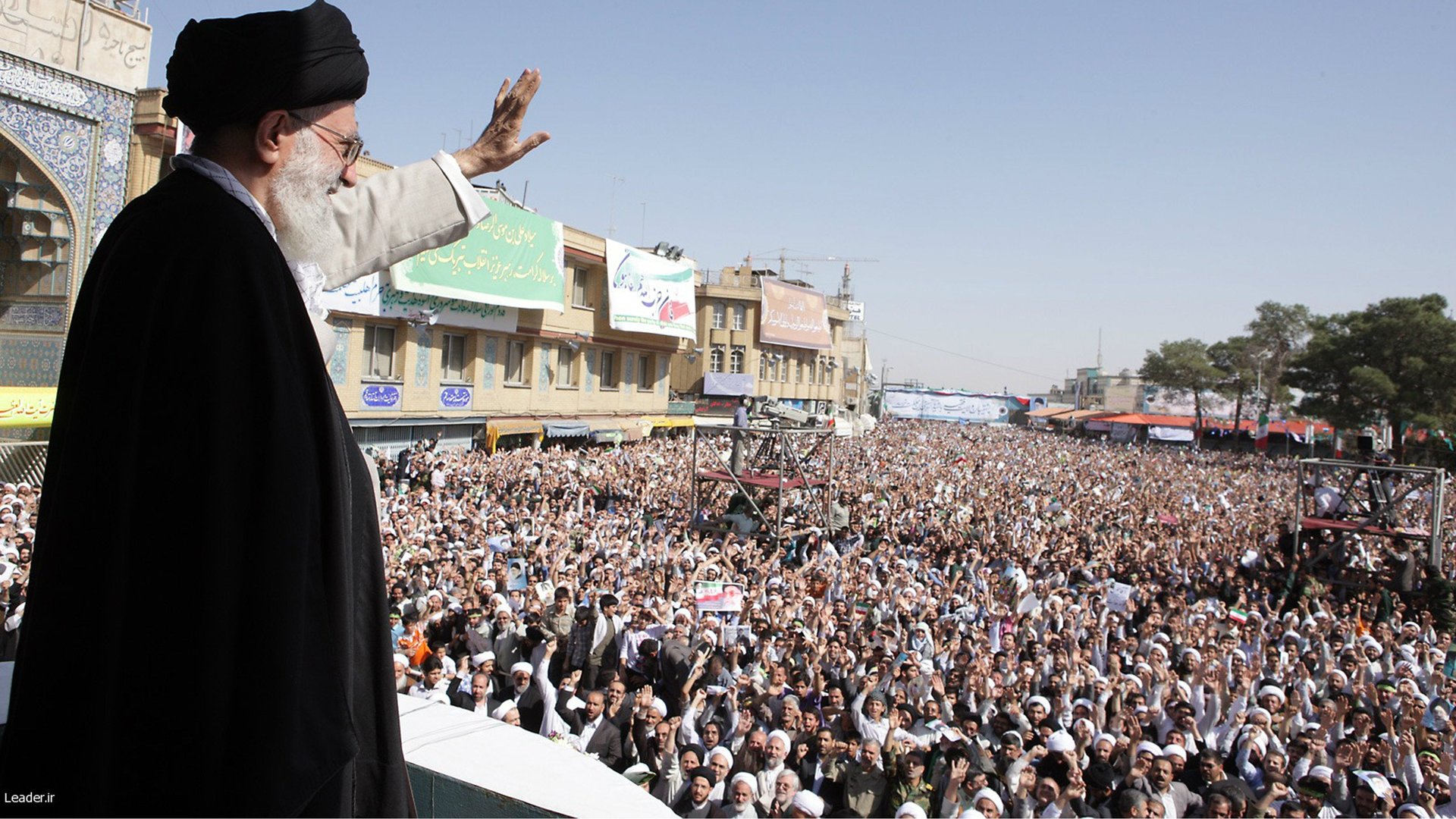Here’s how Iran is responding to the failure of the nuclear talks
In initial remarks after their failure to close out a nuclear deal, Iranian leaders are crowing over their “success” in not being tricked by dastardly Westerners. It is a response that can be read two ways: president Hassan Rouhani and his cohort will continue to dig in in order to avoid such predictable trickery, thus confounding any near-term future agreement, or it will now start to genuine horse-trade, having proven to hardliners at home that they are alert to Western cunning.


In initial remarks after their failure to close out a nuclear deal, Iranian leaders are crowing over their “success” in not being tricked by dastardly Westerners. It is a response that can be read two ways: president Hassan Rouhani and his cohort will continue to dig in in order to avoid such predictable trickery, thus confounding any near-term future agreement, or it will now start to genuine horse-trade, having proven to hardliners at home that they are alert to Western cunning.
Tehran and the so-called P5+1 yesterday announced that their year of talking had produced no agreement to prevent an Iranian nuclear bomb or cancel economic sanctions—and they agreed to prolong the negotiations through July 1. In a Tehran speech today to clerics, supreme leader Ali Khamenei praised his negotiators for thwarting transparent efforts by the US-led West to pull one over on his country:
In the nuclear issue, America and colonial European countries got together and did their best to bring the Islamic Republic to its knees, but they could not do so—and they will not be able to do so.
President Hassan Rouhani said Iran had “achieved a significant victory.”
In Parliament, deputy speaker Mohammad Hassan Abutorabi-Fard said Iran’s negotiators had elevated the country’s credibility: “Today, we can speak to the US and its allies with the tone of power.” After that, the entire Parliament joined in a spirited chant of “Down with America.”
All in all, it has been a red-letter day for Iranian pride.
But to what end, this pride?
Khamenei’s remarks suggest that he supports continued talks. But hardliners in the US have expressed various levels of confidence that he is up to no good, and that he is probably stretching out the time for the finishing touches on an atomic bomb.
They may be right; then again, they may not be. In an op-ed in the Wall Street Journal, Karim Sadjadpour, an Iran expert at the Carnegie Endowment, said that Khamenei is probably comforted by the assumption that US president Barack Obama does not want another war in the Middle East—that the US won’t attack Iran—and that, should the talks utterly fail, it is Obama, and not Iran, who would be blamed.
But does that necessary add up to a duplicitous plot? Again, maybe yes, maybe no. The thing to do, Sadjadpour argues, is to feed the desires of ordinary Iranians to get on with their lives, and starve the hardliners’ narrative—to “align with the economic and democratic aspirations of the Iranian people, not merely against the government’s nuclear aspirations.”
As we have previously argued, time favors the US-led side—because of the sanctions and relatively low oil prices, its hand strengthens by the day, while Iranian leverage weakens as the failure to close the deal becomes more expensive.
The playbook remains the same: for Iran, the best thing is to finish a deal fast, as Iranian foreign minister Mohammad Zarif himself argued today; for the US-led side, the most sensible tactic is to relax and understand what it wants.